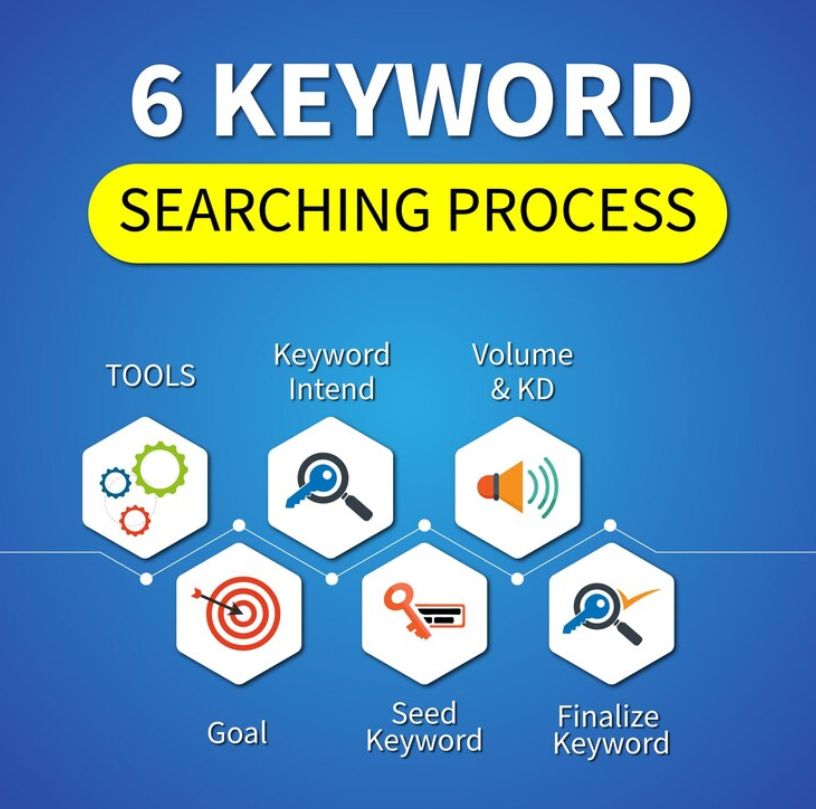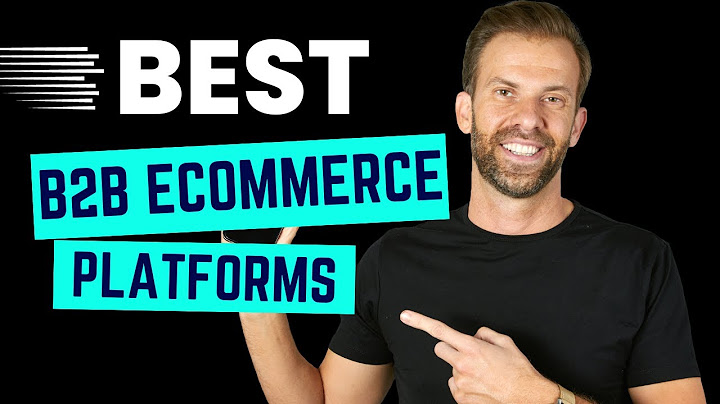Module 2: Keyword Research and Optimization
Module 2: Keyword Research and Optimization
Conducting Keyword Research for Your Shopify Store
Keyword research is the foundation of SEO. It’s the process of identifying the words and phrases that your target audience uses to search for products like yours. In this module, we’ll show you how to conduct keyword research for your Shopify store.
It’s the process of identifying the words and phrases that your target audience uses to search for products like yours. By understanding what your customers are searching for, you can:
- Create relevant content: Create content that is relevant to your customers’ search queries, increasing the chances of them finding and engaging with your store.
- Improve search engine rankings: Improve your search engine rankings by optimizing your store’s content for the keywords and phrases that your customers are searching for.
- Increase conversions: Increase conversions by providing your customers with the information and products they’re looking for.
Why Keyword Research is Important
- Understand your audience: Keyword research helps you understand what your target audience is searching for and how they’re searching for it.
- Identify opportunities: Keyword research helps you identify opportunities to rank for specific keywords and phrases.
- Optimize your content: Keyword research helps you optimize your content to match what your audience is searching for.
Get to Know Your Audience
Keyword research is the key to understanding what your target audience is searching for and how they’re searching for it. By conducting keyword research, you can:
- Understand their language: Understand the words and phrases that your audience uses to search for products like yours.
- Identify their needs: Identify the needs and pain points of your audience and create content that addresses them.
- Create relevant content: Create content that is relevant to your audience’s search queries, increasing the chances of them finding and engaging with your store.
Find Opportunities to Rank
Keyword research helps you identify opportunities to rank for specific keywords and phrases. By analyzing your competition and identifying gaps in the market, you can:
- Identify low-hanging fruit: Identify keywords and phrases that are less competitive and easier to rank for.
- Find long-tail opportunities: Find long-tail keywords and phrases that are more specific and less competitive.
- Create a competitive edge: Create a competitive edge by optimizing your content for keywords and phrases that your competitors are not.
Optimize Your Content
Keyword research helps you optimize your content to match what your audience is searching for. By using keywords and phrases in your content, you can:
- Improve search engine rankings: Improve your search engine rankings by optimizing your content for the keywords and phrases that your audience is searching for.
- Increase conversions: Increase conversions by providing your audience with the information and products they’re looking for.
- Enhance user experience: Enhance the user experience by providing relevant and useful content that addresses their needs and pain points.
The Benefits of Keyword Research
By conducting keyword research, you can:
- Increase website traffic: Increase website traffic by optimizing your content for the keywords and phrases that your audience is searching for.
- Improve conversion rates: Improve conversion rates by providing your audience with the information and products they’re looking for.
- Enhance brand reputation: Enhance your brand reputation by providing high-quality and relevant content that addresses the needs and pain points of your audience.
Keyword research is a crucial step in creating a successful online marketing strategy. By understanding your audience, identifying opportunities to rank, and optimizing your content, you can improve your search engine rankings, increase conversions, and enhance the user experience.
How to Conduct Keyword Research
- Use keyword research tools: Tools like Rankology SEO Tool, Google Keyword Planner, Ahrefs, SEMrush or SpyFu can help you identify keywords and phrases that your audience is searching for.
- Analyze your competition: Analyze your competitors’ websites and identify the keywords and phrases they’re using.
- Identify long-tail keywords: Identify long-tail keywords that are more specific and less competitive.
Optimizing Product Titles, Descriptions, and Tags for SEO
Once you’ve conducted keyword research, it’s time to optimize your product titles, descriptions, and tags for SEO.
- Product titles: Use keywords and phrases in your product titles to help search engines understand what your products are about.
- Product descriptions: Use keywords and phrases in your product descriptions to provide more information about your products and help search engines understand what they’re about.
- Product tags: Use keywords and phrases in your product tags to help search engines understand what your products are about and to provide more information to your customers.
Creating Keyword-Rich Content for Your Store’s Blog
Creating keyword-rich content for your store’s blog is an important part of SEO. It helps search engines understand what your store is about and provides value to your customers.
- Use keywords and phrases: Use keywords and phrases in your blog posts to help search engines understand what your content is about.
- Create high-quality content: Create high-quality content that provides value to your customers and helps them solve a problem or answer a question.
- Optimize your meta tags: Optimize your meta tags to help search engines understand what your content is about and to provide more information to your customers.
Tips and Best Practices
- Use keyword research tools: Use keyword research tools to identify keywords and phrases that your audience is searching for.
- Use long-tail keywords: Use long-tail keywords that are more specific and less competitive.
- Create high-quality content: Create high-quality content that provides value to your customers and helps them solve a problem or answer a question.
- Optimize your meta tags: Optimize your meta tags to help search engines understand what your content is about and to provide more information to your customers.


